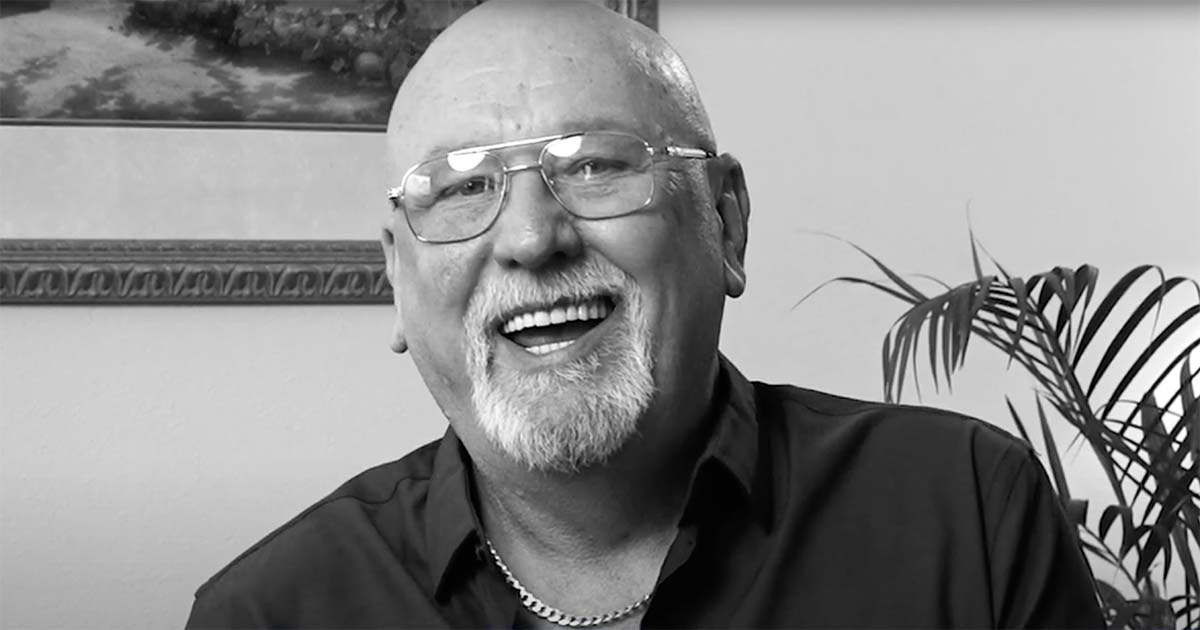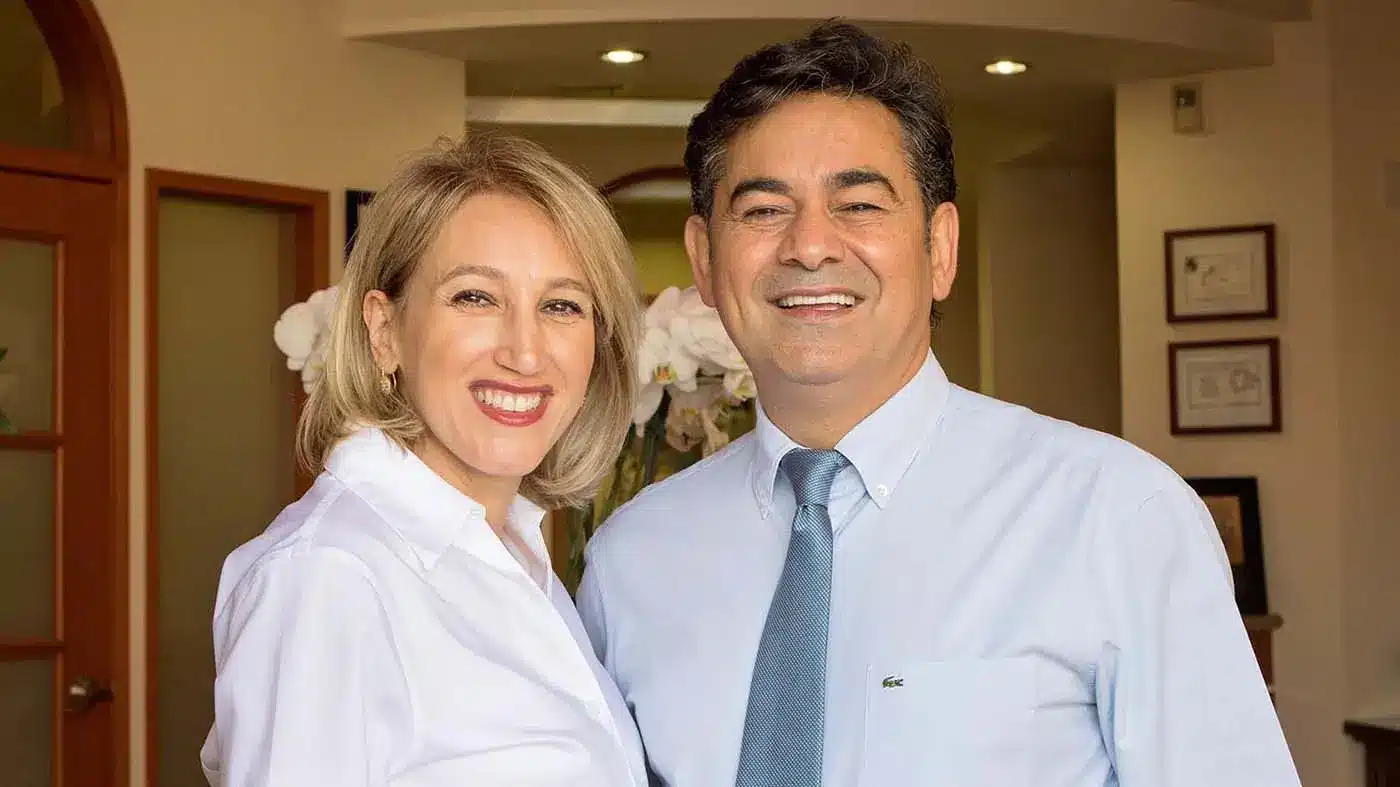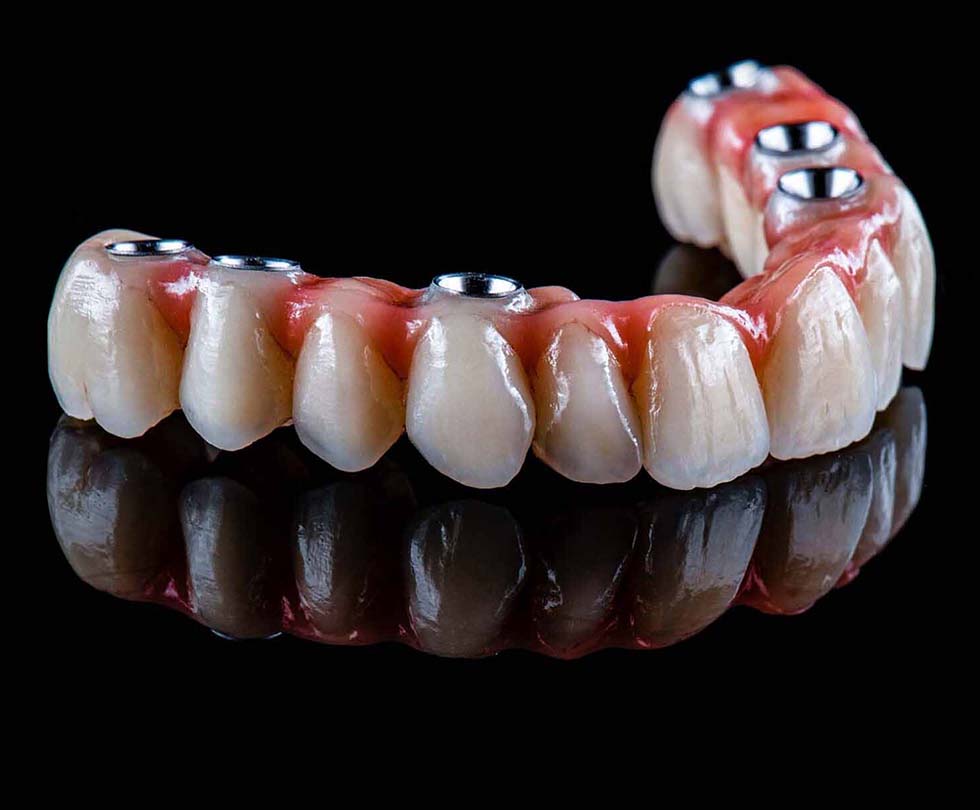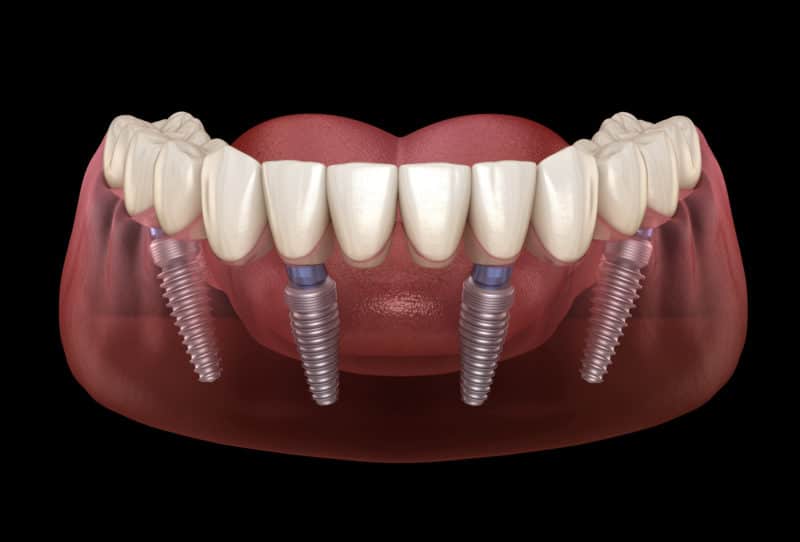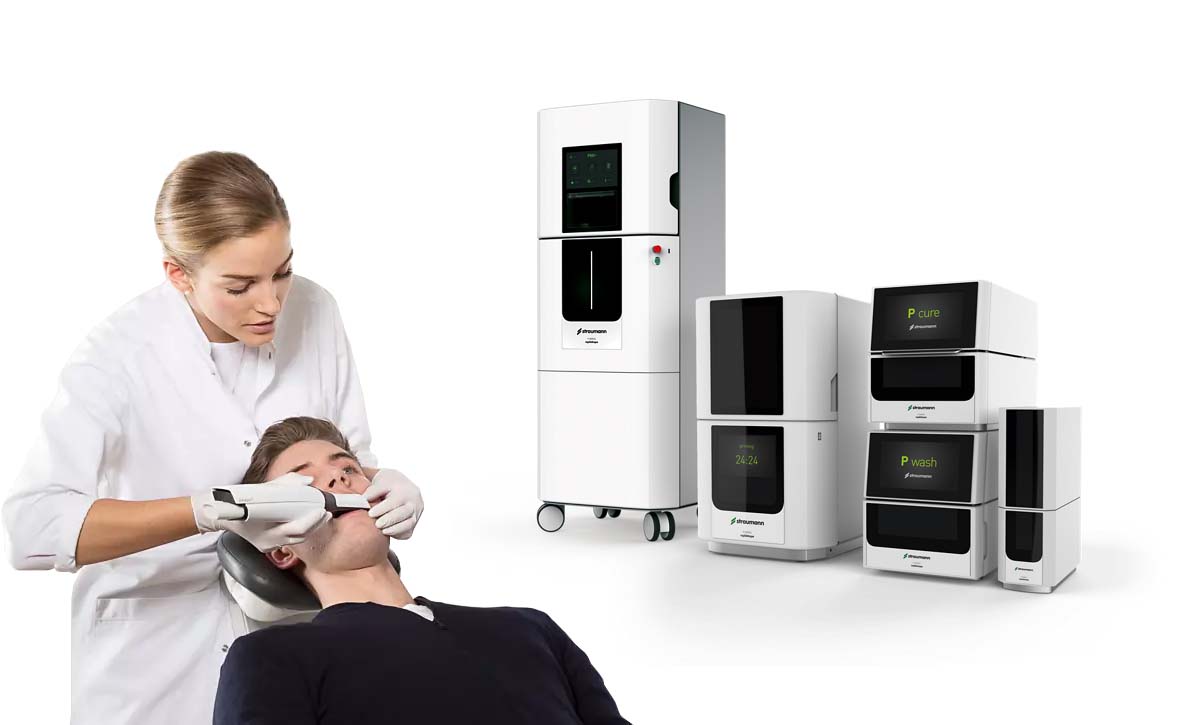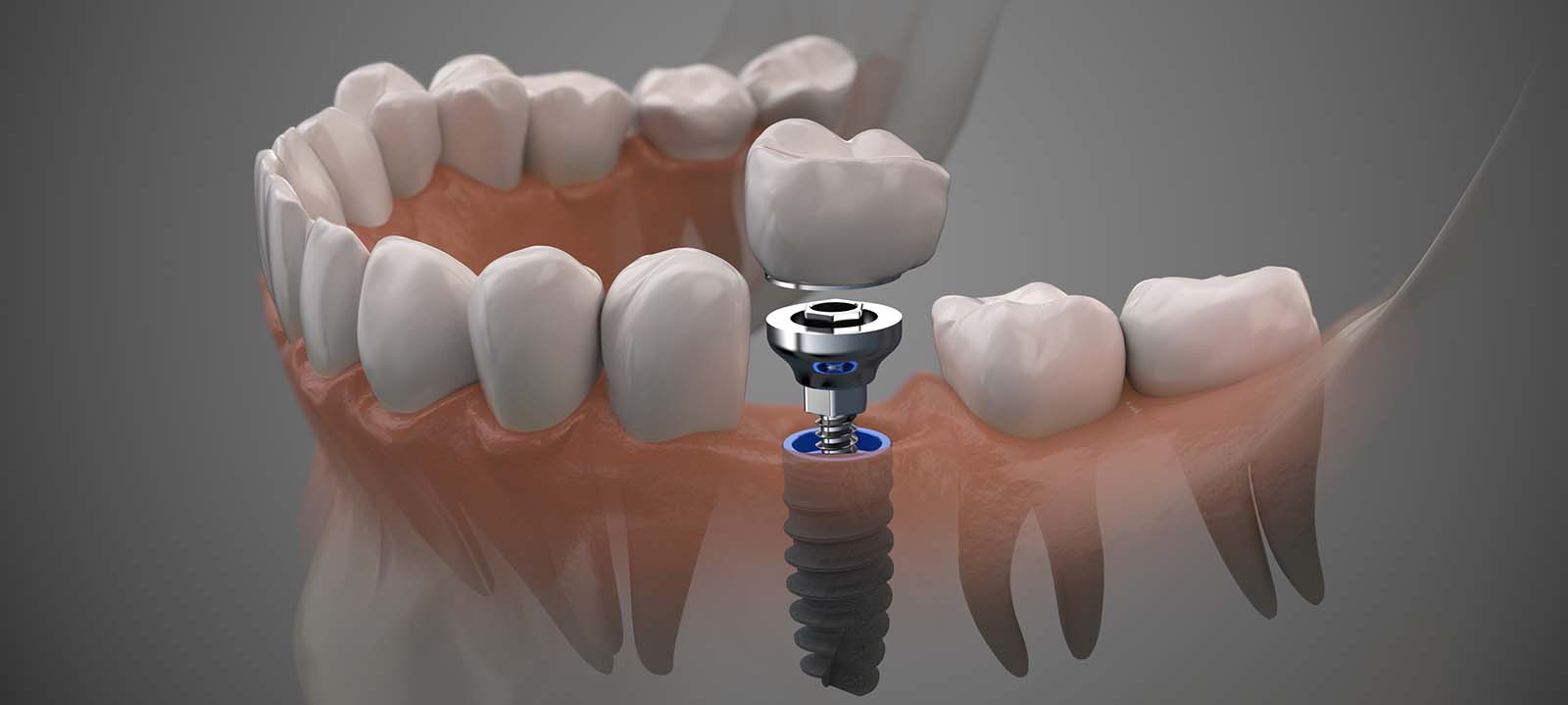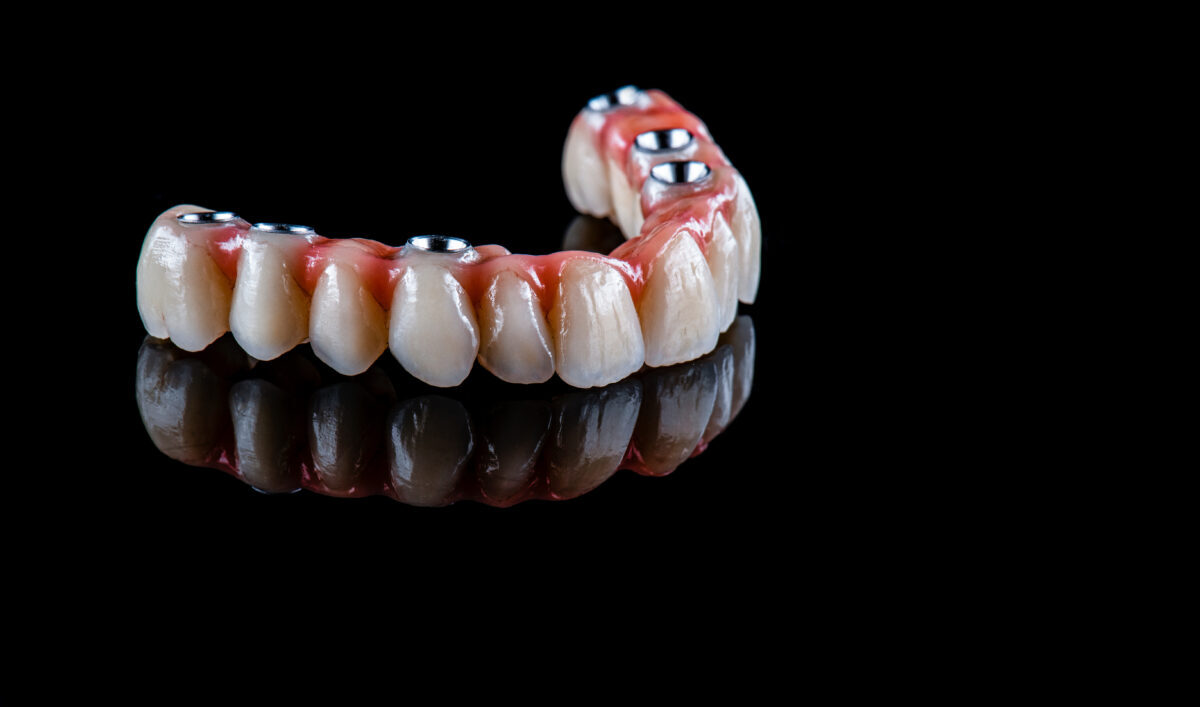Oral health is one of the most demanding forms of hygiene, when handled worse, can lead to adverse consequences. You owe yourself the duty of care as such; you can walk into a dental hospital or clinic to pursue good healthcare services. We have always saved you from looking too far to find a dental clinic. We are located closer to you to ensure timely and quality dental services. We offer free consultancy services to educate you on what you need to qualify for dental implants, the associated costs and tips for caring for the wounds after the surgery. Read more about us in the post below.
Benefits of Attending a free Dental Consultation
Southlands Dental care is a complete medical impact clinic, and patients have the chance to walk into our clinic to access any desired dental services. By providing free dental care, Southland Dental care ensures everyone finds an answer to the dental questions, and you can understand other dental practices on-going in the clinic. One of the factors affecting dental healthcare uptake is the lack of sufficient knowledge about dental care services and the services awaiting the patients.
- We ensure you have sufficient knowledge
- How to keep the teeth healthy
- Determine the cause of teeth problem
- Strengthen the teeth
Potential foods and meals that can help you improve the status of your teeth. The free consultation will help you understand how to care for your teeth, preventing medical expenses due to tooth challenges. The knowledge also enables you to enjoy different options for solving dental issues. With this knowledge, you can decide on dental approaches based on your budget, comfort levels, and cosmetic needs.
During the free consultations, you will understand the procedures when handling various dental issues. Understanding the procedures will eliminate certain conditions such as anxiety whenever you visit a dentist.
The knowledge is suitable for community awareness and the promotion of global oral care awareness. Patients can also gain from the free dental care services since they can enjoy the wide range of services offered in the clinic. Some of these services are available at affordable prices to ensure patients do not become victims of further oral challenges. During the free dental consultations, you can also understand implants costs such as dentures vs implants costs, bone graft costs, dental implants cost, and other oral care needs offered by oral surgen.
Why do you need a Pre-Procedure Exam
Once you have decided on the dental implants you need, there are other procedures you need to learn from your dentist before proceeding with the entire treatment option. One of the things you need to understand is the testament plan and procedure.
During the examination, your dentist will educate you on the treatment procedure, whatever will be needed, and you will get a glimpse of how the outcomes may look like. During this time, your dentist also organises the required items and everything needed to ensure the procedure is successful. You can select the type f implant you want, additional modification. The dentist can prepare the necessary anesthetics or sedations needed for the process.
During the examination, the dentist will check the stability of your teeth and the jaw for the surgery. When checking the stability of your teeth, the dentist wants to ensure that if the breathing tube is inserted into your mouth during the surgery, your jaw can remain open for the entire surgery duration, and there will be no damages to the teeth when the breathing tube is being inserted into your mouth.
Your dentist will also check for any active oral infection in the oral cavity, such as periodontal disease or abscesses. This is a precautionary measure to ensure the bacteria does not travel from an area of active infection to the surgery site hence complicating the healing process. There are certain drugs to be administered during dental surgery; hence the presence of abscesses could affect your immunity system, affecting the effectiveness of the drugs.
This is the last stage then you resume the actual treatment. After the pre-procedure examination, the dentist will proceed with the treatment plan with your consent and having all the required items to make it a success.
- During the examination, your dentist will conduct the following:
- Examine your teeth to ensure none is loose
- Examination of the overall oral health
- Check for any diseases that may hinder the surgery process
- Review your oral care history.
Understanding if you are a candidate for dental implants
For many, the greatest concern is knowing whether they qualify for dental implants or not. The dilemma raises the need to understand dentures vs implants. Those who do not qualify for implants can seek dental dentures, and dentures are less expensive than dental implants cost. You are likely to know the results early during the free dental consultation process. You can schedule a free dental implants consultation so that the dentist can do an evaluation and assessment of your dental health.
If you amongst the population lack a tooth or more, you are a candidate for dental implants. However, missing a tooth alone does not qualify you for dental implants. The following traits are necessary for you to qualify for a dental implant.
- Good oral health: You must have the best dental health, and this is confirmed during dental consultations after you understand the procedure.
- Jaw structure and gum density: The gums and the jawbones must be strong and healthy to support the surgery and support the implants for longer periods without getting any infections.
- The bone structure: without sufficient bone structure, the dental implants will fail due to insufficient bone mass to provide support. The dentist can be forced to conduct a bone graft to increase bone density. You can only know your fate after a successful bone graft. However, many stop at this stage due to the fear of bone graft cost. Those without medical covers may find it too expensive to proceed with.
If you engage in the following activities or you fall in the following categories, the possibilities of qualifying for dental implants may be limited:
- Smoking: Smoking affects oral health and can result in adverse conditions that can affect your implants in the future. It also affects the looks of your teeth through the discolouration process.
- Alcoholics: Alcohol affects the body’s immunity, and it affects the body’s ability to heal. Dental implants create new wounds in the body; hence you need to heal fast to avoid complications. Alcoholics may not qualify due to the slow healing process that can lead to further complications such as bacterial infections in the surgery site.
- Children: Children may not qualify for the implants due to the nature of their jawbones. The jawbones may not be strong or healthy enough to support the surgery. The jaw bone may also be in the process of development and change, meaning any implants will be affected as the jaw bone restructures.
- Pregnant women: pregnant women have to abide by strict medical conduct; they can not undergo any surgery, including minor surgeries. They have to wait until they deliver to proceed with the process.
Understand the dental implants process
The first step to the implants process is to schedule a free consultation with the dentist. If you are unsure where to get dentists, you can look for free dental consultation near me and fill out the appointment form. Any dentist should do the assessments and tell you whether you qualify for the process or not.
During this first step, the dentist will x-ray scans of your teeth and sometimes a CT scan. These scans are necessary to provide information about the integrity and health of your jaws and teeth. The scans will also reveal the location of the nerves and sinuses to prevent any accidents. These findings are necessary to guide the oral surgen during the surgery and limit the possibility of gum or jaw bone damages. The dentist will also check your medical history.
Second step
After the assessment, you will get the results as to whether you qualify for the implant surgery or not. If you qualify, the dentist may book you for surgery immediately on another day. The dentist will then administer an anaesthetic or some sedation to prevent you from any pain.
Step three: Accessing the jawbone and identifying implant position
The dentist will access the jawbone area where the implants are supposed to be placed. They require instruments such as scalpel, score incision, and hand instruments to expose the bone underneath.
After accessing the underneath bone
is to evaluate the implant site. They will determine the shape of the bone and how it affects the implant process. The jawbone should be smooth and flat at the top; if not, the dentist will drill and reshape it to meet the conditions.
Step four: creating a hole for the implant
The dentist will then drill a hole into the jawbone to prepare a hole for the implant. The process involves series of drills each to increase the hole diameter until the desired size is achieved. The first hole created is called a pilot hole; it guides the direction and position of other subsequent drills.
Step five: examining the orientation of the pilot hole
Once the pilot hole has been created, the dentist will insert an alignment pin into it. The pin is to double-check the orientation of the created hole. If it is off-target, a series of corrective measures will be conducted to ensure alignment. If it is okay, the dentist will proceed to complete the pilot hole.
Step six: Fixing the implant into the hole
The following process will involve fixing the implant into the pilot hole and ensuring it fits successfully and sticks to the hole without moving around. The dentist will confirm its firmness before waking you from the anaesthesia.
understand the post-procedure care
You should exercise care and caution immediately after the surgery to prevent gum complications and allow the implant to heal. Some of these post-procedure care should be conducted by dentists, and you are responsible for the larger part. Here are some guidelines for dentists
The dentists will ensure the bleeding ceases immediately after they are done with the surgery. The dentist can also book subsequent appointments to monitor the bleeding and the healing process.
The dentist will recommend the use of ice packs to reduce the gum and jaw swellings. The swelling should only exist for 24-hours, after which it should disappear with the use of ice packs.
The dentist will also assign some medication for pain and antibiotics to prevent bacterial or fungal infection in the area around the wound.
The following are some measures for you to consider:
Diet
Chew with the side of the mouth that is not bruised. Avoid surgery and hot foods or drinks for about one week. The liquids and the foods should not be too cold but at room temperature. Take enough water to stay hydrated. Avoid hard and crunchy foods that can hurt the implant, and stick to soft food until you heal.
Quit or reduce smoking ad alcohol levels
Alcohol lowers body immunity, and too much of it can affect the healing process. On the other hand, smoking will discolor the teeth and drop residues that affect the healing process. Nicotine in cigarettes can also limit the blood flow into the surgery site since it limits blood flow to other parts of the body.
Schedule a checkup
You need to visit the dentist for different reasons: you need to visit after 14 days to remove the stitches. Some stitches may dissolve on their own however some may not. You need regular exams for the dentist to monitor the healing process ad identify any issues. You should have your gums frequently checked for any infections in the soft tissues. You can search for any free dental consultation near me to inspect the gums and their healing process.
Maintain oral hygiene
Oral hygiene is critical during dental implant healing. The dental-implants cost associated with dental implants, such as bone graft cost, are high, and if you do not exercise any oral hygiene, you could spend more treating yourself. Ensure the soft tissues near the implants are clean to prevent any infections.
Brush your teeth regularly but avoid contact with the implant
Rinse your mouth with warm salt water to remove debris and kill some germs. You should do this for a week, then use chlorhexidine rinse afterwards.
Avoid water flossers or electric toothbrushes for at least one week
Use traditional toothbrushes or toothbrushes designated for people with implant issues. After healing, observe general oral hygiene, such as flowing daily, brushing all the teeth at least twice a day.
Meet the dental specialist
If you need any dental implants in Los Angeles, worry no more, visit Southland Dental Care clinic, and you will have new teeth in just one day. Our dental department has the best and expert staff under the leadership of Dr Hanookai. He is a dental implant specialist with years of experience in dental management and oral surgery.
You need not struggle to look for free dental consultation near me; walk into our offices and experience the services of one of the best dentists committed to your peace by solving all your dental needs. He has years of experience in dental implants meaning you do not have to worry about other challenges unless you fail to follow the rules and guidelines for healing.
Questions to ask your dentist at your Free Dental implants Consultation
Do you complete the entire process in-house, or do you work with an oral surgeon?
We have a team of experts dedicated to helping you with dental implants. Each is responsible for their duties. The oral surgen will perform their duty, and so is the dentist. We have all the human expertise needed to ensure success.
What type of experience do you have to make the process go smoothly?
We have experienced dentists who will ensure the process is smooth and has the desired benefits. Our dentists are qualified to give the best experience when you need it most.
Can you restore my existing dental implant if the crown is damaged?
Yes, however, the process won’t interfere with the implanted section. However, you need to find someone with experience in restoration to avoid any consequences.
What are the requirements to qualify for a dental implants procedure?
You must meet the following conditions to qualify for dental implants: strong jawbone and gums, you must be missing a tooth or more, good oral and body health, and you must have a good bone structure. If not, you must consent to bone grafting. Remember, excess alcohol and smoking could also hinder you from dental implants.
How long does the process take?
It depends on how many implants you plan to have. When you need a lot of implants, you should visit our clinic regularly. The surgery takes about one hour, and the implant takes about two weeks to heal
How will the process of receiving dental implants impact my job or taking care of my kids?
You need some days off the job to undergo surgery. You also need to stay away or carrying kids to prevent them from hitting your mouth. You can take a few days to get back to your job and at least 12 hours to get to the kids.
What is the recovery like?
You need to abide by the dietary rules, no hard foods, no hot drinks. You also need an icepack to help you heal, especially mouth swellings.
What costs are involved with an implant procedure?
- Pre-operative expenses,
- X-rays and scans
- The costs of implant
- Bone graft cost
- Checkup costs
- Anaesthetic and other antibiotics and pain relievers.
You can either pay for these through medical insurance or cash. We allow both payments to avoid inconveniencing patients.
Conclusion
Dental implants can restore your beauty once again; we at Southland Dental Care are committed to offering you the best dental implant services dental implants in Los Angeles. We also offer free dental consultancy services to help you understand more details about oral hygiene, health, and the dental implants cost associated with improving your oral health. If you need a new teeth in just one day, our services are available for 24 hours to ensure we get the help you need any time of the day. Visit us today to understand how we can help; we are your oral caring partners.






